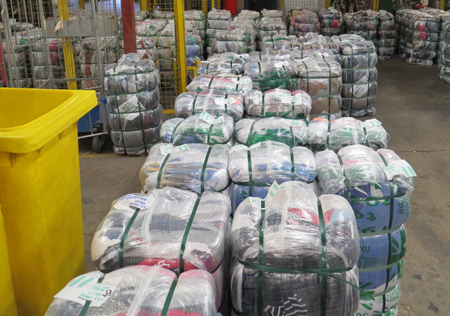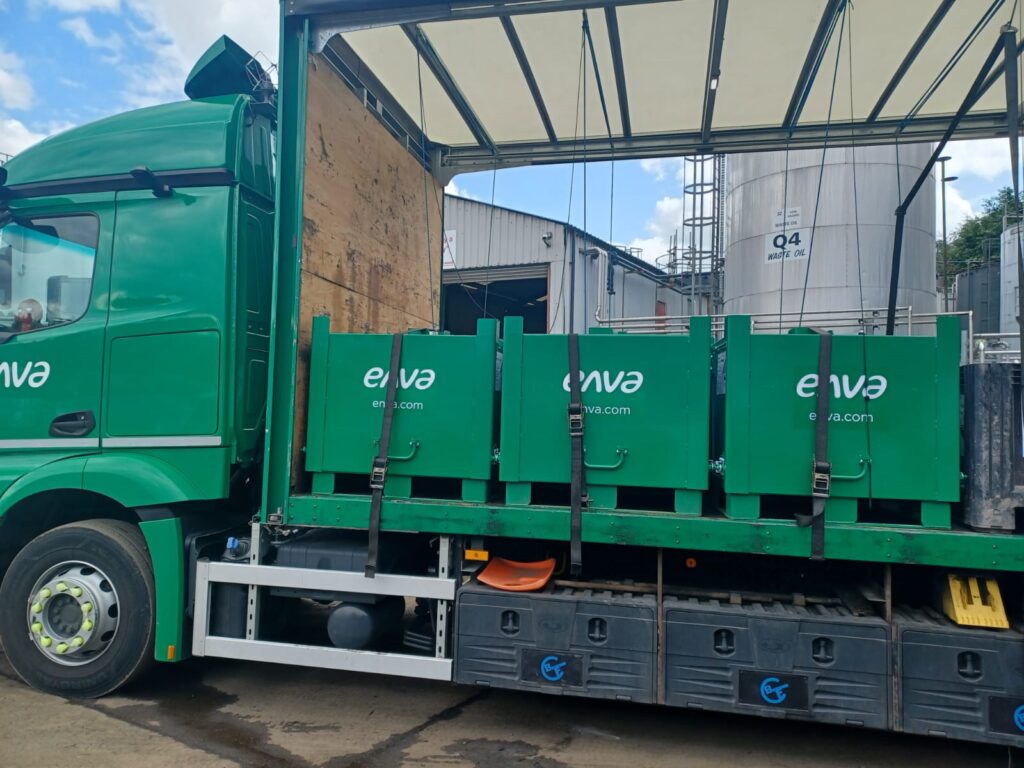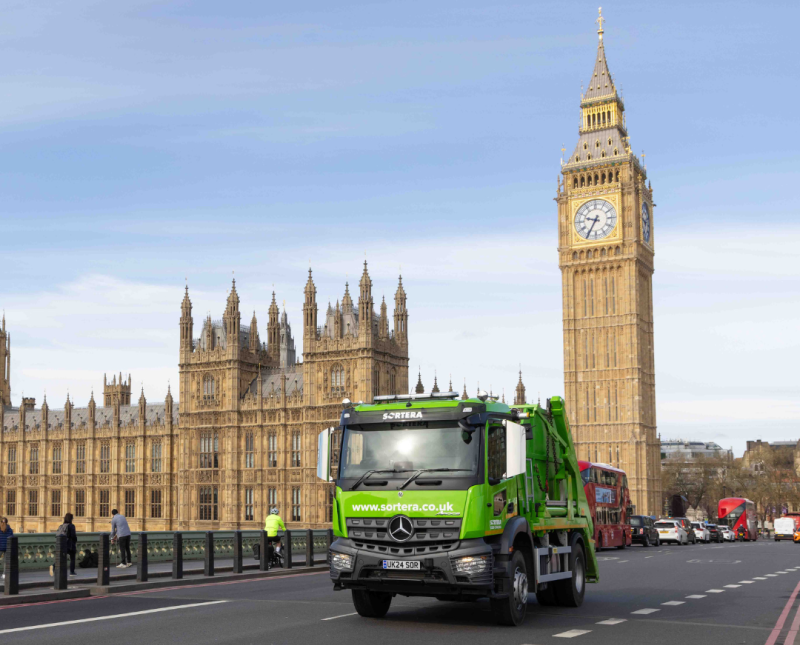The Agency say the charges, which came into force yesterday (1 April 2024), reflect industry insights gathered during a public consultation last October.
‘Boosting compliance’
It said that the scheme will “support a sustainable regulatory system, boosting compliance while cutting down on delays in processing notifications”.
Movements of certain waste to some destinations are subject to stricter notification controls. Waste shipped under these controls is known as ‘notified waste’ and the Environment Agency recovers the costs of its regulatory activities through charges to its customers.
The changes will ensure charges are fairer and more reflective of the work the Environment Agency does. They also reflect that some more complex types of waste shipments cost more to regulate.
The changes being introduced include new charges for anyone sending more than 1,000 shipments under a notification, meaning that the Agency recovers its costs for notifications for very large numbers of shipments.
Also announced are two smaller bands for notifications for 101-300 and 301-500 shipments, replacing the existing band for 101-500 shipments, “better reflecting” the different costs associated with higher numbers of shipments.
Other changes include the simplification around different charges involving interim sites, a clearer definition of a single shipment to reflect inspection costs, and a fee for making any changes to an export notification after the Environment agency transmits it to overseas authorities/imports after the regulator’s acknowledgement.
The Environment Agency said it has “taken on board” the comments made by customers and reduced this charge to £82 per amendment, per notification where amendments can be made.
There are now different charges for applications for end-of-life ships, platforms and fixed oil rigs. The Environment Agency said that “regulating these waste types is complex and they pose a significant environmental risk. The time taken to assess applications is therefore much higher than for other waste types, so it is fairer that operators handling these wastes pay for the full cost of moving them internationally”.
‘A system that works for all’
Steve Molyneux, Environment Agency deputy director of waste regulation, said: “Waste and recycling must be properly managed, whether processed at home or abroad, and we monitor the export of waste from England to make certain it is.
“We have an obligation to avoid passing on the costs of our regulatory activities to the taxpayer and prior to April had not increased our charges for regulating waste shipment notifications for more than a decade.
“Our new scheme will support a regulatory system that works for all, as well as ensuring we continue to protect people and the environment from the impacts of hazardous waste.”
To find out more about changes in the sector, visit the National Letsrecycle.com Conference on 6 June at QEII Centre in London. To book tickets to attend or for more information please click here.








Subscribe for free